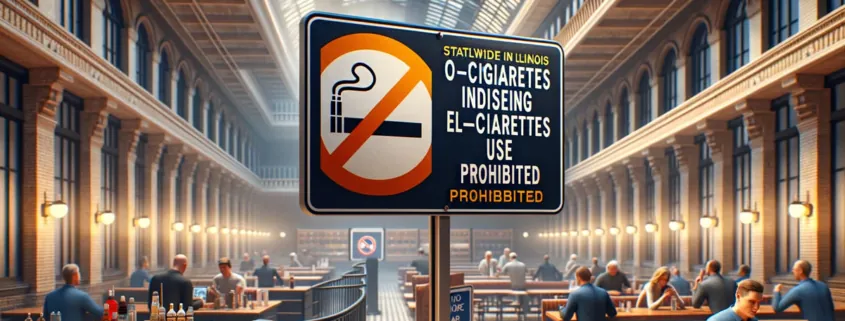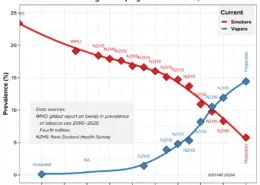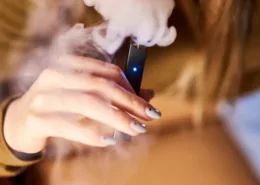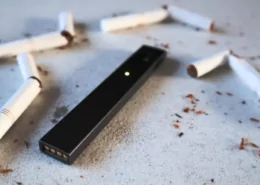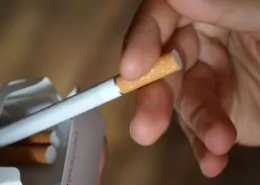Illinois Prohibits Indoor Vaping Statewide From January
A sweeping statewide prohibition on vaping within indoor establishments takes effect January 1st in Illinois. Legislators recently expanded existing smoke-free air laws to finally encapsulate e-cigarette usage.
Chief bill sponsor, Senator Julie Morrison (D-Lake Forest) helped push the amendment’s approval through Springfield earlier this year. “We’ve made progress de-normalizing tobacco perceptions, and I’m proud e-cigarettes now join usage bans protecting public health,” she stated.
Governor JB Pritzker signed off the indoor vaping constraints in July after combined senate and house support totaling 127-33. His spokesperson previously endorsed actions “limiting youth access and exposure to harmful secondhand smoke.”
Decade-Old Smoking Ban Now Covers E-Cigarettes
By incorporating vapes into the Illinois Smoke Free Act’s 2007 definitions, the law subjects electronic devices to equivalent location constraints as traditional cigarettes. State agencies can additionally regulate retailers focused on vape merchandise rather than tobacco itself.
American Lung Association Illinois Director Kristina Hamilton welcomed the change for reducing secondhand exposure risks. “E-cigarette aerosol contains harmful chemicals, yet vaping has skyrocketed recently through targeting young people with flavors,” she warned.
Multiple jurisdictions recently imposed further sales limitations around flavored nicotine offerings. Evanston made history announcing Illinois’ first broad flavor prohibition last month. Nonetheless, municipal preemption may prevent localized vaping ordinances as occurred in Lake Forest.
FDA To Announce Retail E-Cigarette Decisions Shortly
Alongside state actions, the Food and Drug Administration continues assessing over one million marketing applications for assorted vaping products submitted by hundreds of companies to remain legally sold.
FDA Center for Tobacco Product Director Brian King explained final determinations await concluding if applicants convincingly demonstrate public health benefits outweighing potential youth uptake risks. “We remain committed upholding standards to protect kids,” he reiterated.
Industry associations argue preventing youth access through consistent enforcement should enable maintaining risk-proportionate adult smoker access under scientific regulatory frameworks. However, antismoking activists demand stricter controls after claiming past approaches failed preventing teen usage epidemics.
- Teen Vaping of THC & Synthetic Cannabinoids Surges: Study - July 4, 2025
- UK Wolverhampton Extends “Swap to Stop” Vape Program - July 4, 2025
- Pakistan Halts Vape Crackdown Pending Legislation - July 4, 2025

